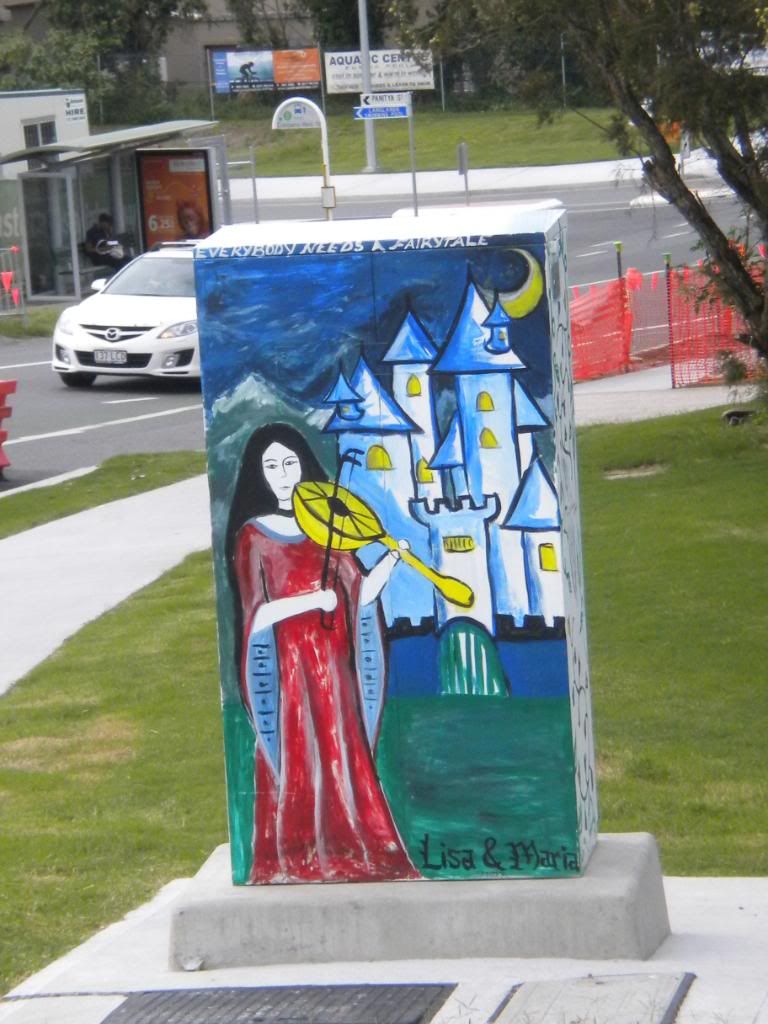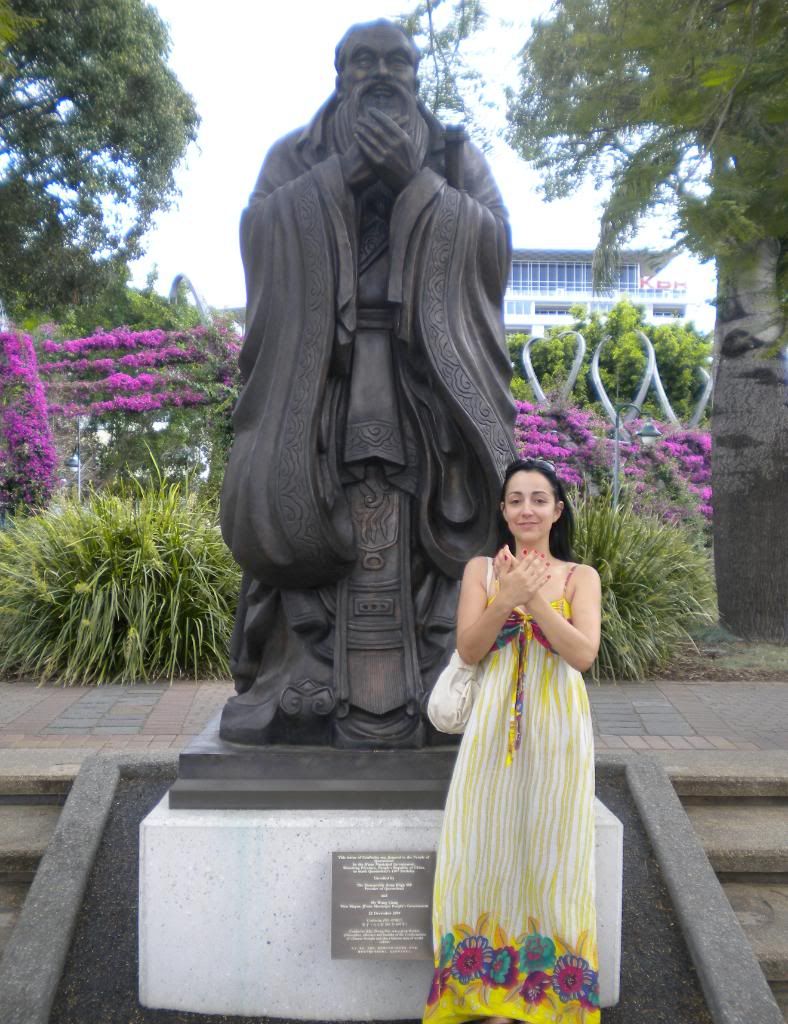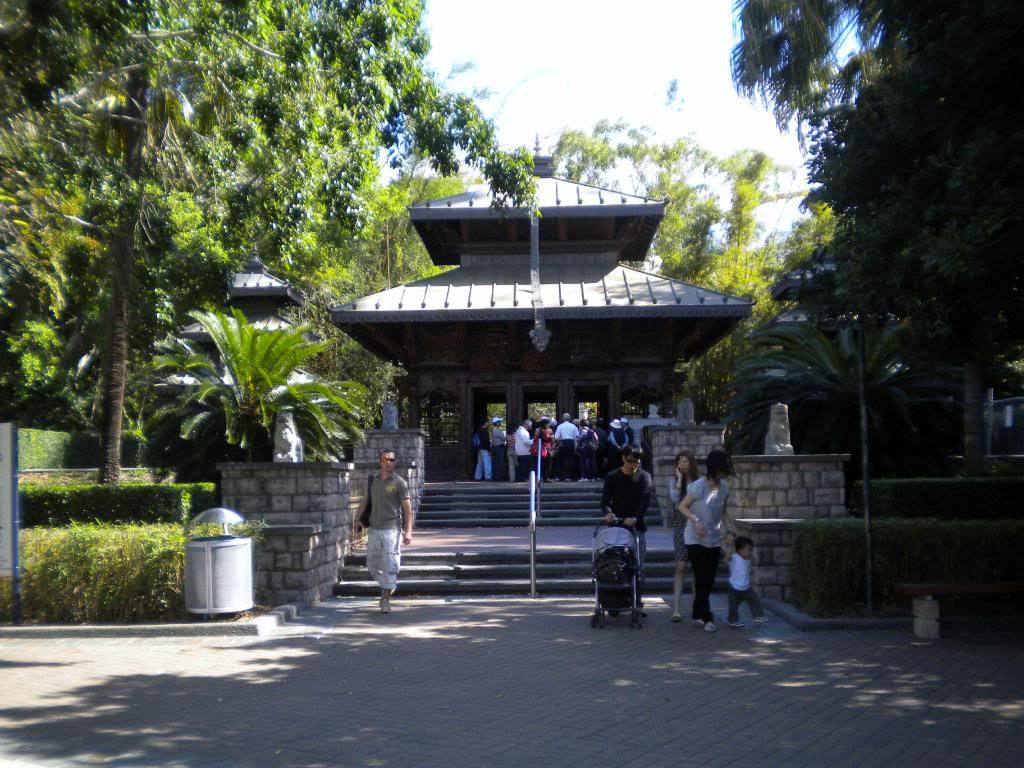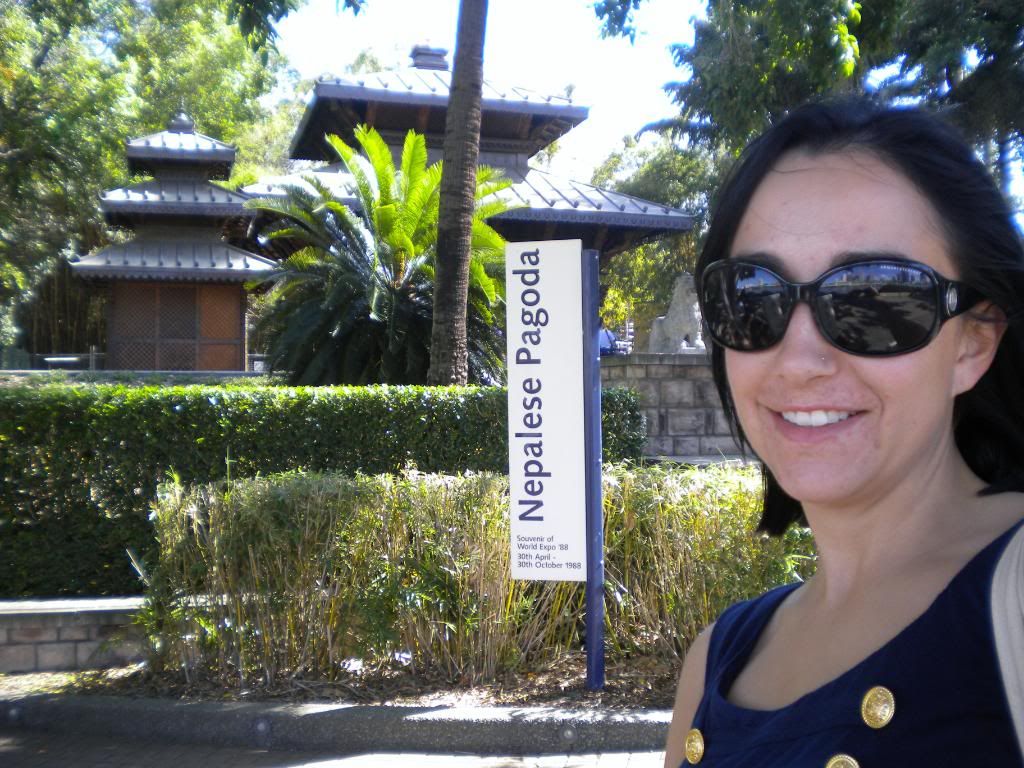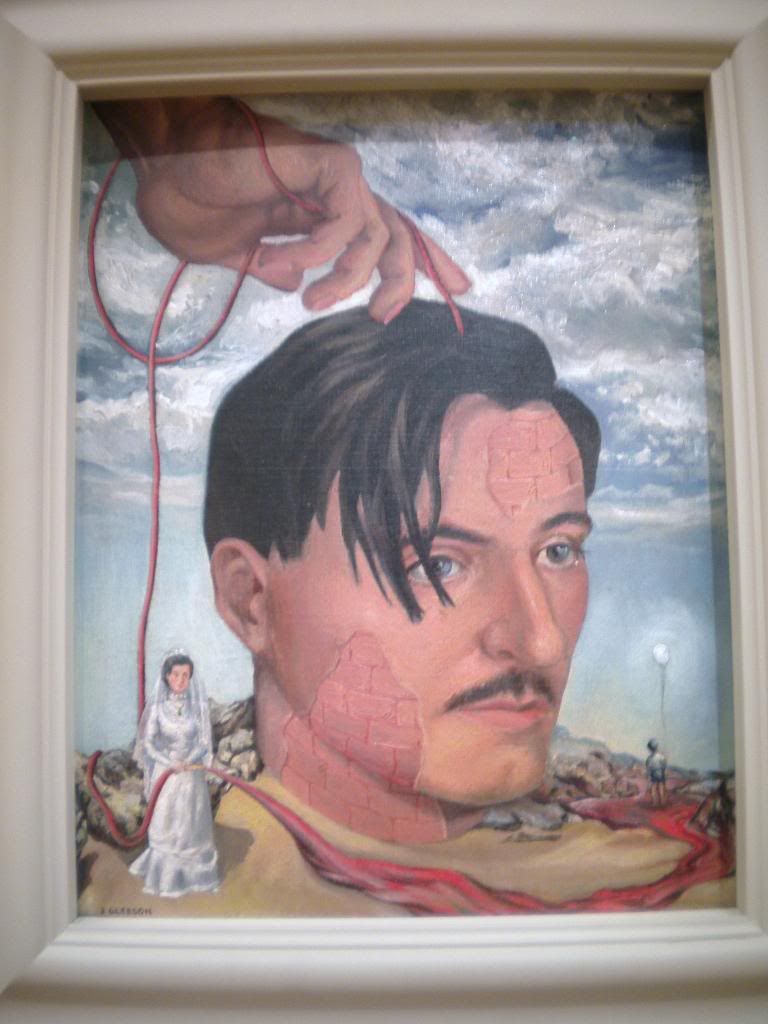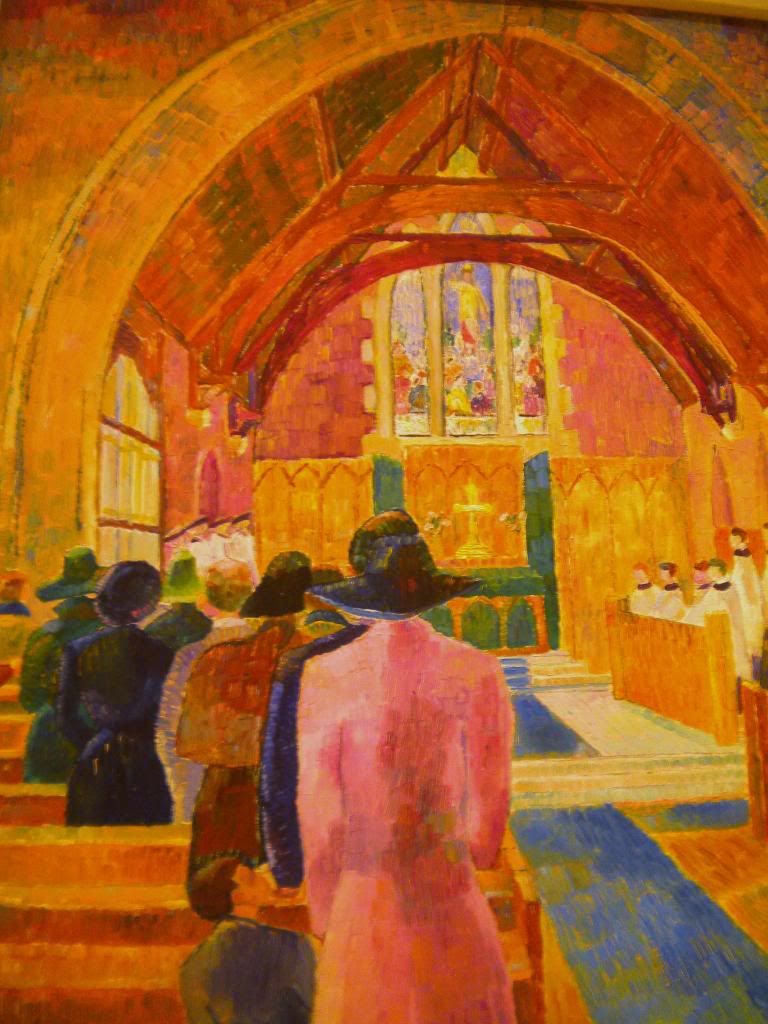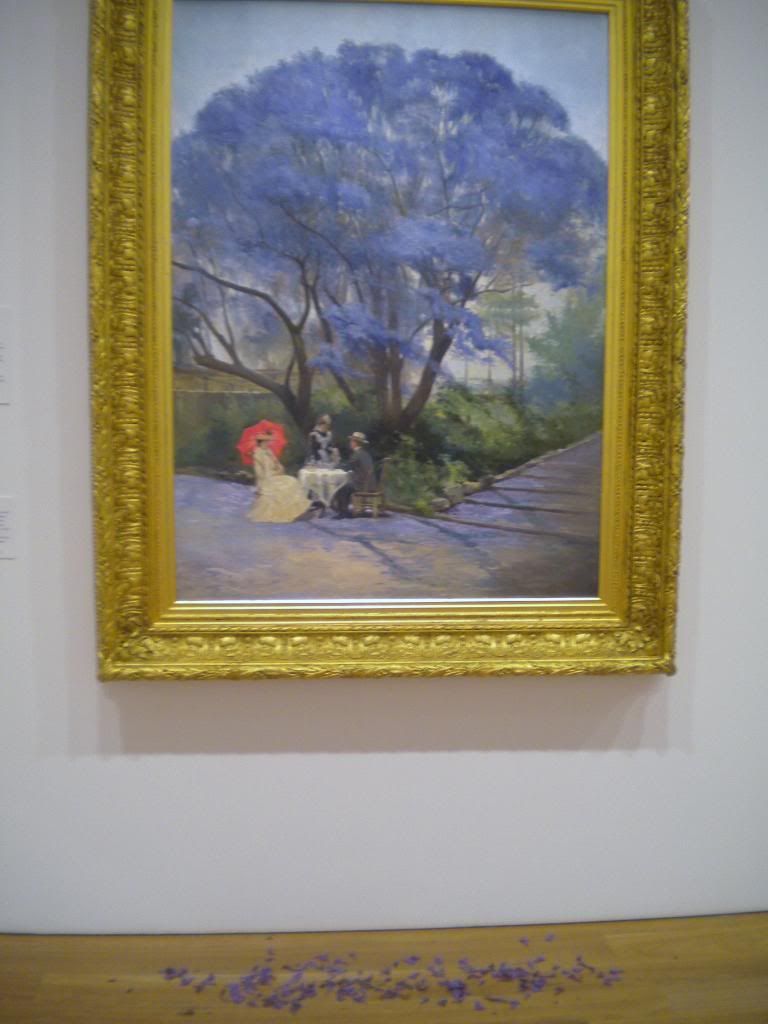Pytor Il’yich Tchaikovsky, Russian Composer
(1840-1893)
Tchaikovsky, a Romantic era composer, did not follow the traditional Russian melodic discipline; instead he composed what he felt and was drastically criticized. His compositions were different from Russian nationalists in that they appealed directly to compassion within the heart and encompassed the broad range of human emotions. Although he was captivated by Russian folk music and composed a nationalist symphony, he developed his own style that was solid and individual. His style appealed largely abroad rather than nationally.
Interestingly, Tchaikovsky was a homosexual and continuously tried to hide this fact. However, in his lifetime he was linked to two women, Nadezhda von Meck, a wealthy widow, and Antonia Milyukova who sent him obsessive love letters. The first woman commissioned many of his violin and piano arrangements. She gave him money yearly that enabled him to devote all of his time to composition and he did not have to worry about making ends meet. This relationship lasted fourteen years in which they never once met face to face, only communicating through correspondence. The second woman worthy of noting, Antonia Milyukova, gave a written ultimatum that if Tchaikovsky did not respond she would kill herself. Homosexuality was punishable by death in Russian and Tchaikovsky thought this woman would help hide his sexuality. They were married within two months of first meeting each other. After the marriage, he fell into a deep and crushing depression and the two soon separated after a few weeks. With the help of his friends, family, and Nadezhda von Meck, he bounced back to compose two of his greatest works, Symphony No.4 and Eugene Onegin, an opera.
In 1891, Tchaikovsky travelled to The United States and conducted at the opening night of what was to become Carnegie Hall. He was also recognized in France where he was elected a member of the Academie de Francaise and in England where he was awarded an honorary doctorate from Cambridge University.
Tchaikovsky was known to have written at least ten opera’s and he destroyed two of them. Of the surviving opera’s Eugene Onegin and The Queen of Spades are the most popular. Eugene Onegin was written after his short and unstable marriage and The Queen of Spades was written when he was staying in Florence.
Tchaikovsky changed Russian ballet for the better. He introduced a greater rhythms, melodies, and orchestration. The world’s most frequently performed dance scores are Swan Lake, The Sleeping Beauty, and Swan Lake. Swan Lake was the first ballet he composed. He constructed the ballet to be fluid with each movement unified by a system of themes and structures. Initially the ballet was not received well by ballet composers such as Drigo or top choreographers such as Petipa.
Tchaikovsky’s second ballet is The Sleeping Beauty and confirmed the establishment and perfection of his symphonic style of ballet. This ballet contains movements within movements and is extremely graceful. The ballet was choreographed by Petipa and during the composition of the ballet they both worked together. They also worked together in the composition of The Nutcracker.
He completed seven symphonies and five and a half concertos, one for the violin, one for cello and orchestra, and the remainder for piano. He also created chamber music that showcased his style individual style and German influence.
The official ruling for the death of Tchaikovsky is that he died from cholera after drinking water that had not been boiled. The ruling of his death remains controversial. Some say he committed suicide by arsenic after being caught with the nephew of a high-ranking official. He was fifty-three.


